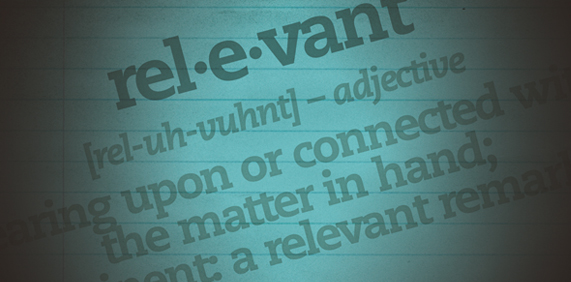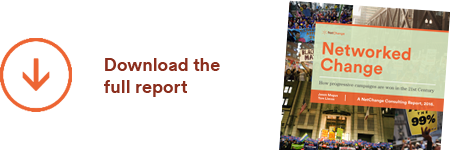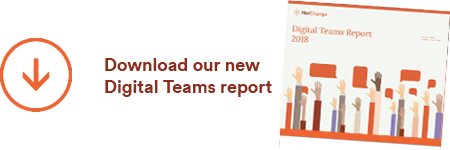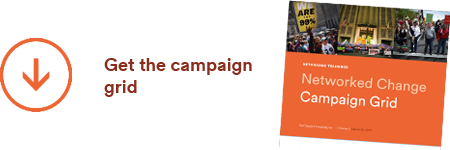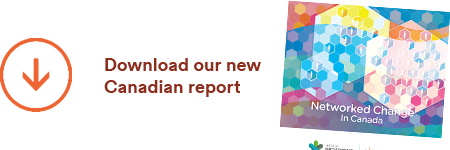Each and every progressive institution in America – and perhaps the global north as a whole – is now presented with a stark range of choices at a time when Trump takes the U.S. presidency and a host of would-be authoritarian leaders line up for their turn around the world.
The questions NGOs are facing are uncomfortable for some and agonizing for others.
- Should we hunker down, play it safe, and try not to anger these new administrations?
- Should we engage with these new leaders, try and get meetings or work on their priorities?
- Should we fact-check and write reports about their awful ideas and policies?
- Should we continue working alone, staying within traditional organizational boundaries?
- Should we stand with those now on the front lines facing imminent personal danger?
Institutions are naturally cautious when major shifts occur and many have built their brands, even their internal cultures, around being nonpartisan. However, as we enter a world that is both more networked and more politically polarized, we believe there will be a heavy price to pay for too much hesitation this time around.
Part of the problem or part of the solution?
Established nongovernmental institutions used to be the prime movers of social change, but their position has slipped this past decade as social movements and their fluid constituencies, connected by the web, have gained in power and influence.
Social movements, being agile and responsive, can rapidly adapt to changing social and cultural landscapes. With no one to answer to but their collective bases, these movements can be uncompromising in their political positioning and condemnation of social wrongs.
Right now, many on the front lines of these movements think the “institutional left” helped create the current crisis through their excessive focus on research and policy work, weak relationships with their bases, poor mobilization skills and inability to garner widespread popular support for their ideas. Many global NGOs also believe in incremental change and shy away from challenging the root problems of neoliberalism on the one hand and the illegitimacy of political forces fueled by fear and hate on the other.
In the U.S. and wherever Trump-like forces come to power, social conditions will deteriorate for already marginalized populations and social movements will rise to greater power and relevance in response. Organizations professing to support progressive ideas that remain on the fence will increasingly become marginalized and viewed with disdain by a major segment of this newly-configured civil society.
Fence-sitters risk losing network capital
Though still largely structured as hierarchies, institutions have increasingly become dependent on the power and synergies of their internal and external networks. These webs, which feed staff motivation and engagement on the inside and sector relevance and ally cooperation on the outside, are held together by social ties.
The ties that bind networks together are fluid and need to be maintained. Alignment around shared values is the classic glue that builds networks around social change. If there is a disconnect here, caused by institutional leadership being unaligned with the personal and political affiliations of staff and allies, institutional networks can fall apart.
What does it look like when an established organization loses the support of its networks in our day and age? Staff exodus, marginalization in one’s sector and a steep drop in relevance, supporter base and ultimately, funding.
Organizations can still be champions of progressive action
While a growing number of activists are coming to believe that established NGOs will literally be useless in the fight for a more progressive future, we would not be so quick to write them off.Institutions alone won’t transform our world but we won’t get to where we need to without their stable support and their resources.
The institutions that will successfully rise to meet this historic moment are those willing to take risks, to protect the vulnerable, to call out villains at every turn, to build long-term movement power, and fight hard to win. This implies a refusal to enable or legitimize the new normal of racist and authoritarian governments. It also implies using whatever power and privilege you have to stand up to attacks on black people, latinos, LGBTQ people, muslims, women, immigrants and refugees.
If you’ve made it here as an organization, we’re right here with you because the stakes for a fair and democratic society – and indeed a livable future – couldn’t be higher.

